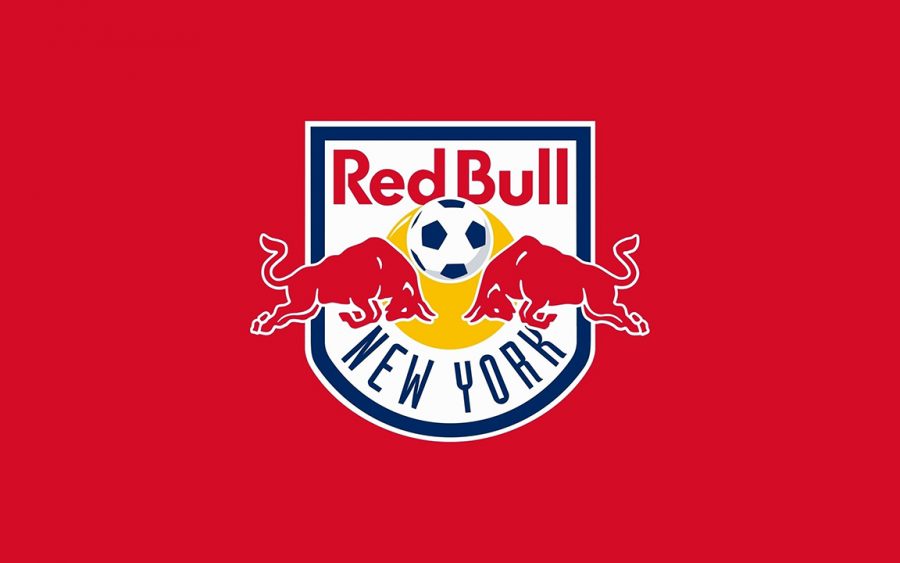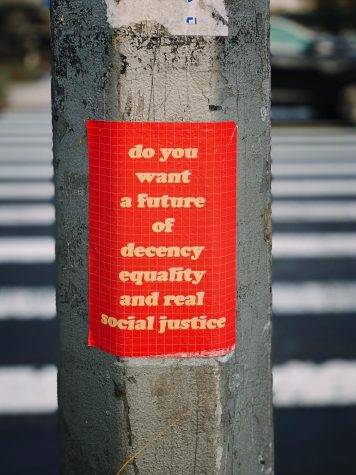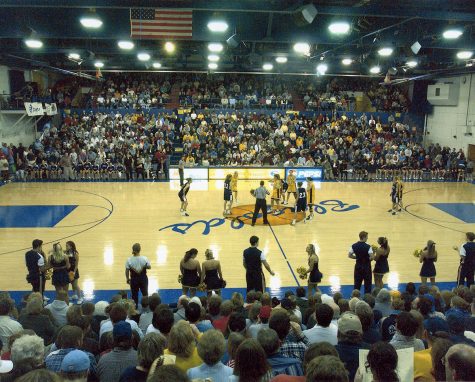When advertising in sports goes too far
A Major League Soccer team incorporates a sponsor into the very fabric of the organization
More stories from Parker Reed
Photo by SUBMITTED
The logo for Major League Soccer’s New York Red Bulls resembles a logo that belongs more so on the front of a can than a soccer jersey.
Sponsors are essential to the livelihood of any sports team. The money they contribute to the franchise helps fund salaries, various fees and keeps the team afloat in a plethora of other ways. Now sponsors are beginning to take things too far.
The New York Red Bulls are a soccer team that competes in Major League Soccer (MLS) in the United States, and yes, they are named after the energy drink Red Bull.
Their logo resembles a high school student’s attempt at making the iconic Red Bull logo into a soccer franchise’s logo, and it has been around now since 2006 when the team was sold to Red Bull GmbH (the corporation whose flagship product is the popular energy drink Red Bull).
Up until this point in sports history, no major professional sports team had ever been named directly after a sponsor. Sure, some teams specifically in soccer feature large corporation logos on the front of their uniforms, sponsor logos throughout their stadium and company logos on various merchandise, but naming a team so directly after a sponsor is wrong for a couple of different reasons.
I believe sponsors should stay out of the actual sport itself. Their place should be in commercials, on some uniforms, in the concession stand, but most definitely not become the first thing thinking about when someone thinks about the team and the sport.
When you start to mix business and competition so closely, it starts to form a question in viewers’ minds: Am I watching a sporting event or just a three-hour long advertisement for a product? It takes away from the purity of the sport and takes the line between business and sport and completely erases it.
Another undesired effect for these corporations that now have a franchise named after them is a part of the company’s success is intertwined with how well the team does. If the team does well, the company will receive attention that is more positive and sell more of their product. However, if the team does not do so well, the company will start to earn a negative reputation in the mind of that team and their sales will begin to suffer.
As I discussed last week, having a company’s logo be larger than the actual team’s logo on the front of their uniforms is already toeing the line between what should be deemed acceptable in sports. But naming a team directly after a sponsor is taking things excessively far.
Finally, I will leave you with one final question to mull over. If sponsors are now having stadiums, merchandise and teams named after them, why is there a game being played?
Wouldn’t they be better off running a long commercial, or having a sales pitch for 60,000 people in the middle of the stadium instead of linking themselves to an art form they have no other connection to besides that they fund it?
For me, it sounds like you’re buying a ticket to a commerical rather than a game at this level.










